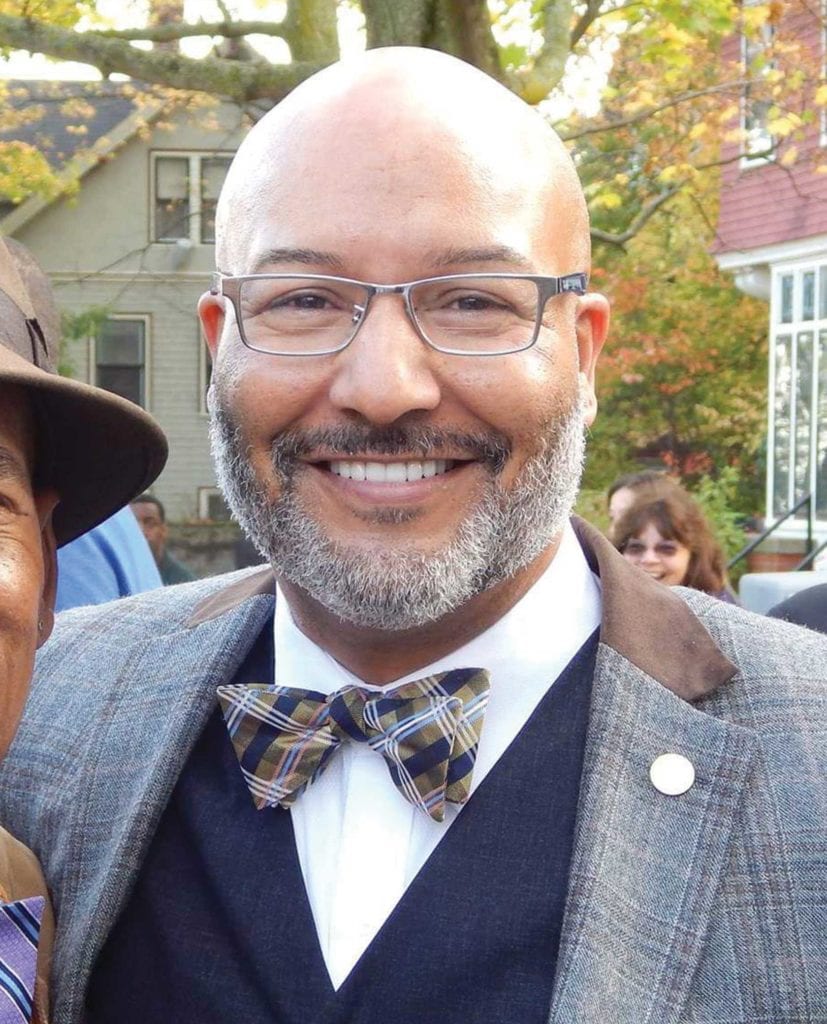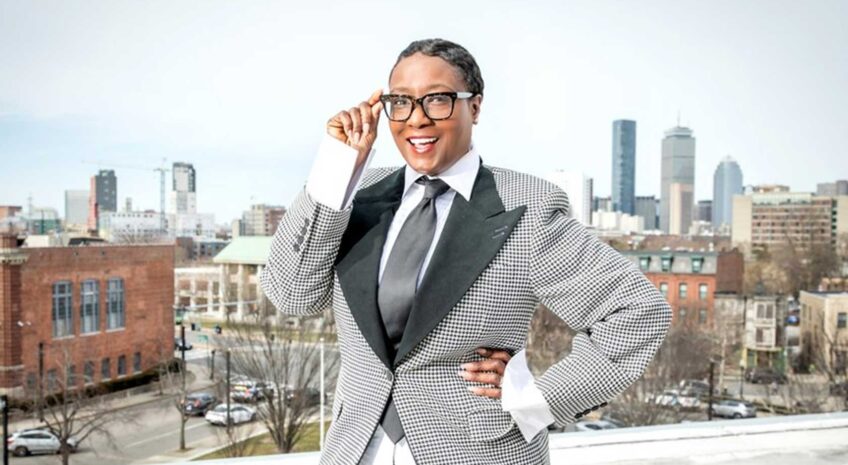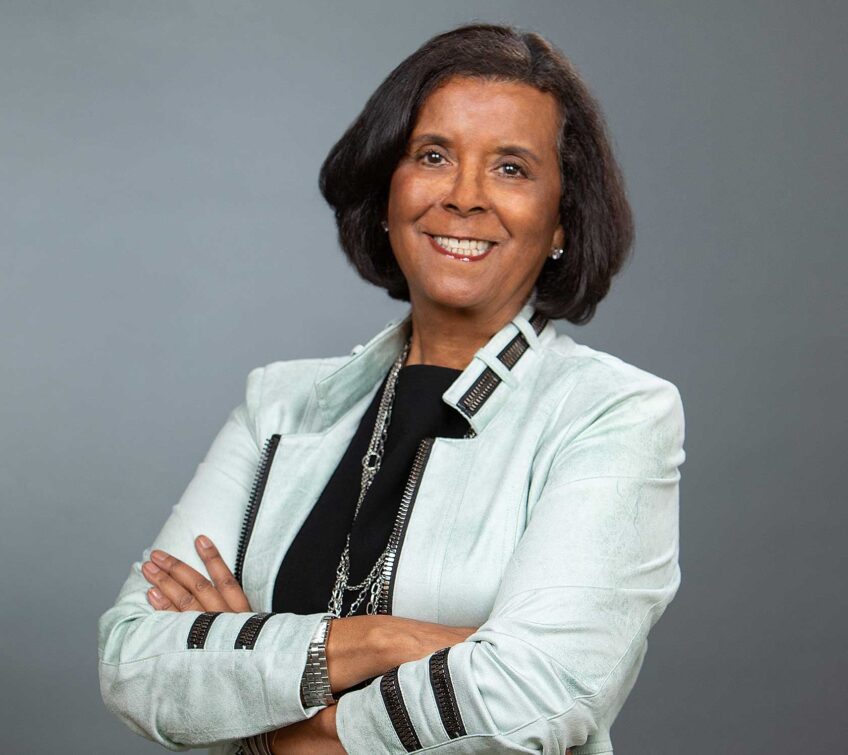
When Mark Conrad and his business partner first imagined what would become WesCon Personal Protection Incorporated, they were college students dreaming of one day running a business together. After they graduated and both began careers as police officers, the business idea emerged — personal protection.
Business development wasn’t easy. Conrad and his partner financed WesCon with personal savings in 2001, starting with only $500. “We were fortunate that the contracts built one upon the other,” Conrad says. Conrad and his partner put everything they made back into this business, and sacrificed a paycheck for years until Conrad was able to join WesCon full-time in 2016. Now he functions as the firm’s administrator, accountant, marketer and recruiter, among other tasks.
Now, WesCon has more than 40 employees — all people of color —with major clients like Emerson College and Millennium Partners, to whom Conrad says the business owes much of its growth.
WesCon’s current contract with Millennium Partners involves a construction site on the corner of Winthrop and Devonshire, a $1.5 billion project. Conrad says when it comes to construction site protection, much of the job in a densely populated city like Boston involves keeping passersby safe. “Even if [the site] is fenced off, people will find a way to get past those fencings, so a lot of construction companies are very careful about making sure that they have some sort of visual protection and also a physical presence as well,” Conrad says.
WesCon also has many contracts with schools, including the Match Charter School, with whom they worked for around 20 years. “There are a lot of major shootings in schools,” Conrad says. “Regarding Match School, it was really for the formulation of their preschool and just making sure those kids were looked out for and were in a safe environment, because we’re talking about the inner city.” WesCon’s work with Match also included property protection. A security team was in charge of protecting Match School buildings at night after instances of theft and vandalism.
Besides commitment to his clients, Conrad’s says his main focus is his employees.
“We’ve made a concerted effort to make sure that we hire from within the city,” says Conrad. “And that was really important because just about 100 percent of our business is in the Boston area, so we wanted to make sure we reflected that community.” While Conrad and his partner made an intentional effort to hire people of color, he says that also just seemed to be the demographic walking through his door — primarily Latino, African American, Haitian and Caribbean folks.
When it comes to hiring, Conrad focuses on opportunity. “I think that one of the things that you come across in terms of workforce development is, a lot of people that are not getting an opportunity are people from the black and brown community. So what we wanted to do is give people an opportunity to create something for themselves,” Conrad says, and this holds true whether they stay at WesCon or use it as a stepping stone to other ventures. To be considered for a job, he says, applicants need only a high school degree, decent writing skills and fair fluency in English, although even that is not mandatory — many WesCon employees have been English learners.
And while other security firms employ a significant percentage of people of color, Conrad says most of them are not minority-owned businesses like WesCon. WesCon competes with international conglomerates, some with over 300,000 employees across multiple countries. Many businesses in Downtown Boston employs such firms, and while their employees are often black or brown, Conrad says, “they’re not from the Boston area, they don’t know the people, they’re not able to understand all the dynamics that come with that.” While WesCon is small in comparison, Conrad says they stand apart in their commitment to creating change and opportunities within the Boston community.
Looking forward, Conrad plans to continue expanding the business and increase its staff size. He says WesCon is working with developers on new opportunities coming soon.


![Banner [Virtual] Art Gallery](https://baystatebanner.com/wp-content/uploads/2024/04/Cagen-Luse_Men-at-store-e1713991226112-150x150.jpg)



